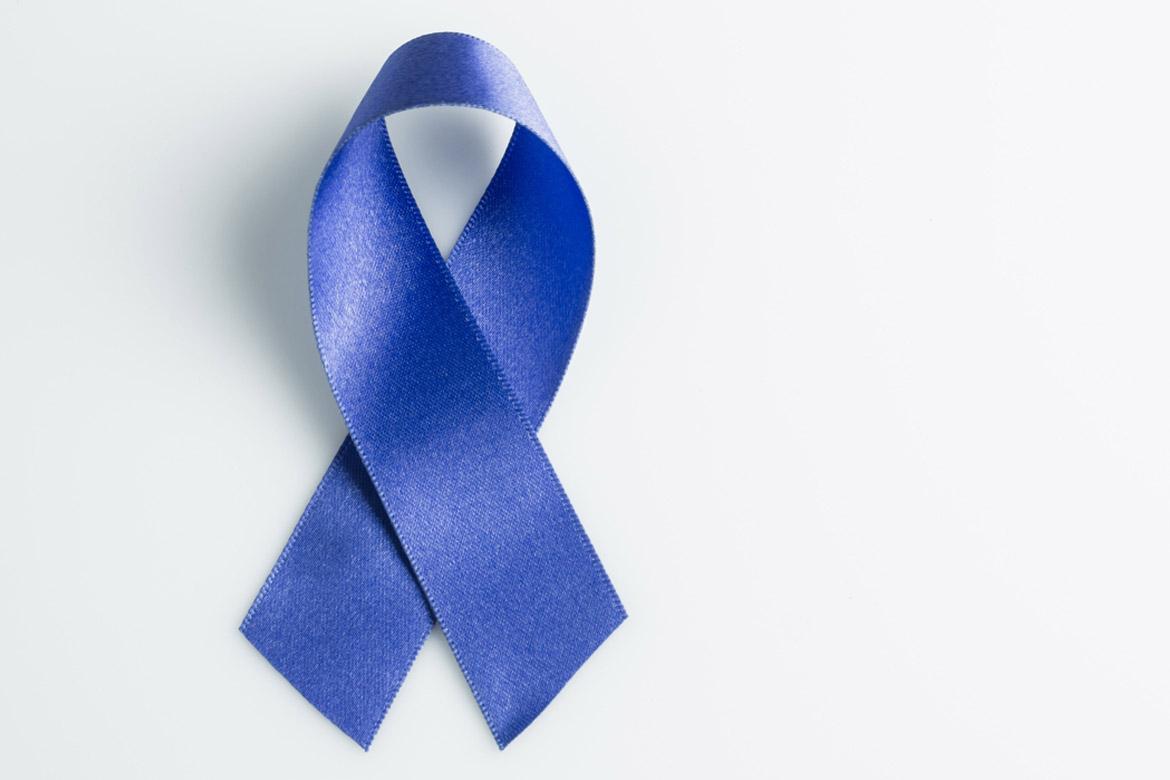Health Plus articles
Strength and Support in the Face of Uncertainty: Jamie’s Journey
Jamie Yeo shares her unexpected journey through breast cancer from diagnosis to recovery, her newfound perspectives on life, and how she found care and support at Gleneagles Hospital in Singapore.
New Hope for Colon Cancer Patients
Dr Ho Kok Sun, general surgeon at Mount Elizabeth Hospital, talks about preventing and treating colorectal cancer.
Minimally Invasive Surgery And Breast Cancer
Breast surgeon Dr Tan Yah Yuen explains why minimally invasive surgery is a preferred option for breast cancer diagnosis.
Minimally Invasive Surgery: Improving Treatment of Women's Cancers
Dr Lisa Wong, gynaecologist, explains how minimally invasive surgery improves treatment of gynaecological cancers.
Advantages of Robotic Surgery for Colorectal Cancer
Dr Dean Koh, colorectal surgeon at Mount Elizabeth Novena Hospital, talks about the advancements in the surgical treatment of colorectal cancer.
3 Steps to Prevent Colorectal Cancer
Dr Dennis Koh, general surgeon at Mount Elizabeth Hospital, explains the importance of screening in preventing colorectal cancer.










